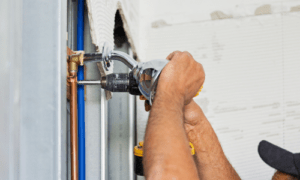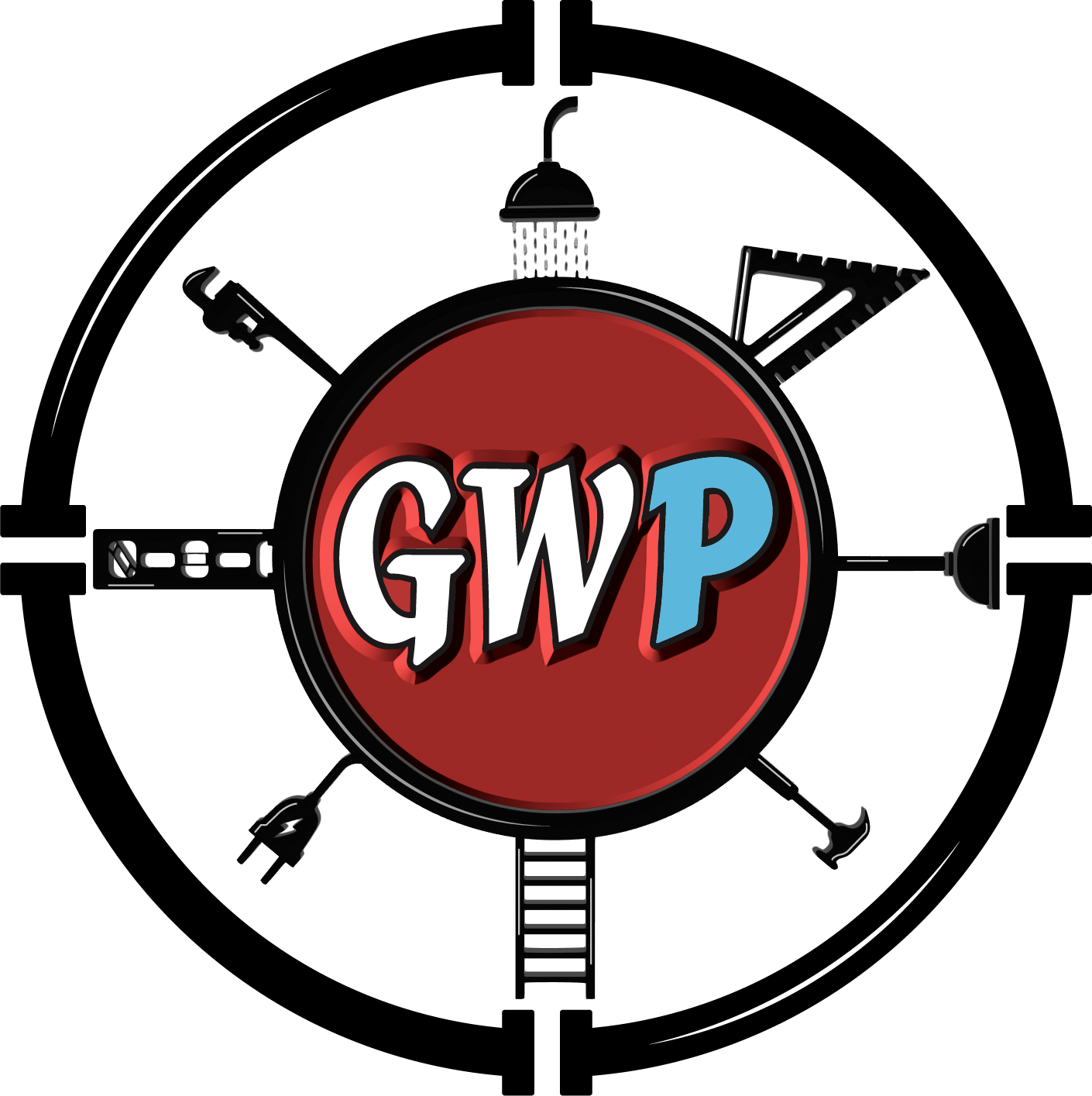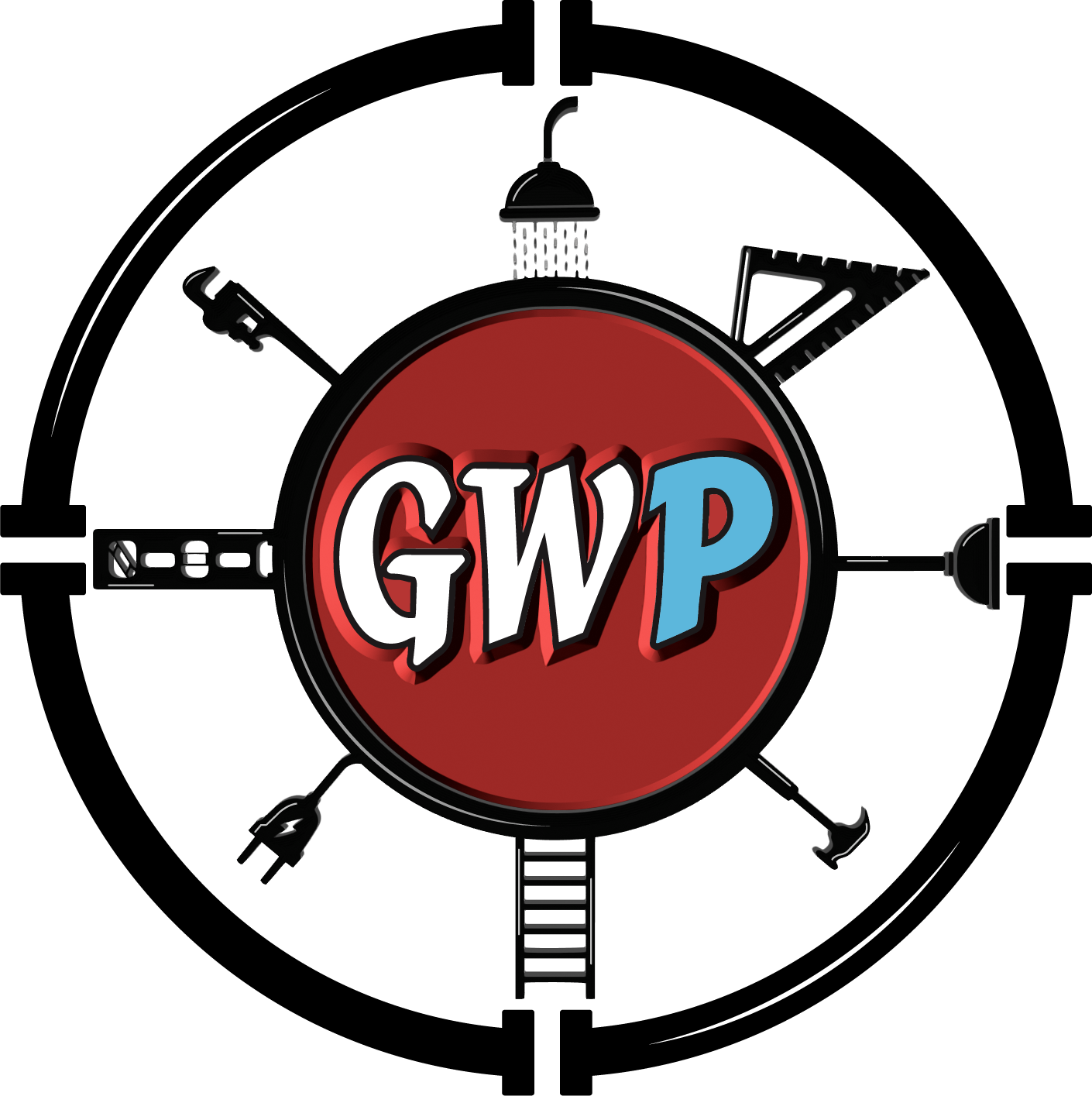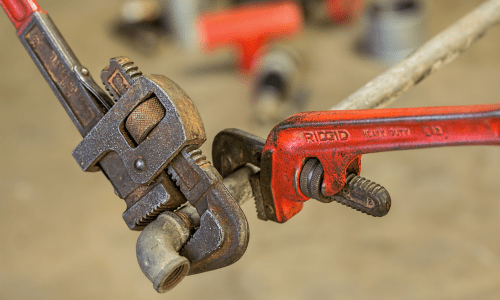When it comes to household expenses, plumbing maintenance might not be the first thing on your mind. After all, if everything seems to be working fine, why worry? But here’s the catch: plumbing systems, much like cars, need regular check-ups to stay in top shape. Neglecting routine maintenance can lead to unexpected emergencies, skyrocketing bills, and costly repairs.
Imagine waking up to a burst pipe in the middle of winter or a water heater that gives up just when you need it most. These problems aren’t just inconvenient; they’re expensive. The good news? Many of these issues can be avoided with a little foresight and regular maintenance.
In this article, we’ll explore why regular plumbing maintenance is a smart investment, how it saves you money, and the simple steps you can take to keep your plumbing system running efficiently.
1. Preventing Leaks: A Little Drip Goes a Long Way
Did you know that a single dripping faucet can waste over 3,000 gallons of water a year? Now, imagine the impact of multiple leaks in your home. Beyond wasting water, leaks can lead to structural damage, mold growth, and higher utility bills.
The Cost of Ignoring Leaks
Small leaks might seem harmless, but they can escalate into bigger problems. Over time, constant moisture can weaken pipes, cause rust, and even lead to pipe bursts. Plus, those extra gallons of wasted water show up on your water bill every month.
How Maintenance Helps
- Regular Inspections: Check under sinks, around toilets, and along exposed pipes for signs of leaks.
- Quick Fixes: Tighten loose connections or replace washers and seals at the first sign of trouble.
Pro Tip
Install water leak detectors in key areas like the basement or under sinks. These devices alert you to leaks early, saving you from potential damage.
2. Reducing Emergency Repairs: Avoiding Midnight Panic Calls
Plumbing emergencies always seem to happen at the worst possible times. Whether it’s a burst pipe on a holiday or a clogged drain before guests arrive, emergency repairs can be stressful—and expensive.
The Hidden Costs of Emergencies
Emergency plumbing services typically cost 2-3 times more than routine maintenance. Additionally, water damage from leaks or bursts can lead to secondary costs like mold remediation or replacing damaged flooring.
How Maintenance Helps
- Annual Inspections: Professional plumbers can identify weak spots, corroded pipes, and other potential problems before they turn into emergencies.
- Seasonal Preparation: Insulating pipes and winterizing your system can prevent freezing and bursting during cold weather.
Pro Tip
Build a relationship with a local plumber before you need one. Having a trusted professional on speed dial can save time and money during emergencies.
3. Extending Appliance Lifespan: Protecting Your Investments
Major appliances like water heaters, dishwashers, and washing machines are expensive to replace. Regular maintenance not only keeps them running efficiently but also extends their lifespan.
The Impact of Neglect
Sediment buildup in water heaters, clogged filters in dishwashers, and hard water deposits in washing machines can reduce efficiency and lead to premature failure. Replacing these appliances can cost thousands of dollars.
How Maintenance Helps
- Flush Water Heaters: Sediment from hard water settles at the bottom of the tank, reducing efficiency. Flushing it annually removes this buildup.
- Clean Filters: Regularly clean appliance filters to ensure smooth operation.
- Address Hard Water Issues: If you live in a hard water area, consider installing a water softener to reduce mineral buildup.
Pro Tip
Schedule a professional tune-up for your water heater every couple of years to check the anode rod and other internal components.
4. Lowering Utility Bills: Efficiency Pays Off
Have you noticed your water or energy bills creeping up? Inefficient plumbing systems can be a silent drain on your finances. From leaky pipes to outdated fixtures, small inefficiencies add up over time.
The Cost of Inefficiency
- Leaks can waste thousands of gallons of water annually.
- Poorly insulated pipes make your water heater work harder, increasing energy costs.

- Outdated fixtures often use more water than modern, energy-efficient options.
How Maintenance Helps
- Fix Leaks Promptly: A single leak can cost you hundreds of dollars per year in wasted water.
- Optimize Water Pressure: High water pressure strains your plumbing system and increases water usage. Installing a pressure regulator can save water and prevent pipe damage.
- Insulate Pipes: Insulated pipes reduce heat loss, saving energy and ensuring hot water reaches your faucet faster.
Pro Tip
Consider upgrading to water-saving fixtures like low-flow showerheads and toilets. These can significantly reduce water consumption without compromising performance.
5. Avoiding Structural Damage: Protecting Your Home
Water is essential for life, but it can be a nightmare for your home’s structure. Leaks and plumbing issues that go unchecked can lead to water damage, mold, and even compromised foundations.
The Risks of Water Damage
- Mold growth can pose health risks and require costly remediation.
- Water pooling around your home’s foundation can cause cracks and instability.
- Damaged walls, ceilings, and flooring from leaks can be expensive to repair.
How Maintenance Helps
- Seal Gaps and Cracks: Prevent water from entering your home through small gaps in walls or around pipes.
- Inspect for Damp Spots: Regularly check basements, attics, and crawl spaces for signs of water intrusion.
- Maintain Gutters and Drains: Ensure proper drainage around your home to prevent water buildup near the foundation.
Pro Tip
Install a sump pump in areas prone to flooding to protect your home from water damage.
6. Peace of Mind: The Hidden Value of Maintenance
Beyond saving money, regular plumbing maintenance gives you peace of mind. Knowing your system is in good shape means fewer worries about sudden breakdowns or unexpected expenses.
How to Stay on Top of Maintenance
- Create a checklist of annual plumbing tasks.
- Schedule professional inspections once a year.
- Educate yourself on basic plumbing skills, like turning off the main water valve or unclogging a drain.
Conclusion: An Investment That Pays Off
At first glance, plumbing maintenance might seem like an extra chore or an unnecessary expense. But as we’ve seen, it’s one of the smartest investments you can make as a homeowner. From preventing leaks to extending the lifespan of your appliances, regular maintenance saves you money, protects your home, and provides peace of mind.
Think of it this way: would you rather spend a little time and money now or face a major plumbing disaster later? The choice is clear. So, grab that flashlight, inspect those pipes, and take charge of your home’s plumbing system. Your wallet—and your future self—will thank you!


